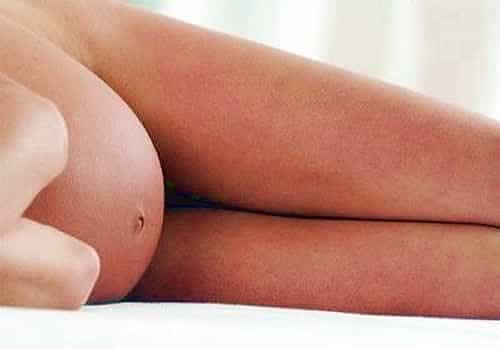
Many of us are aware of varicose veins — those very unattractive, swollen, discolored veins that appear in the ankles and legs. Often, varicose veins start developing during pregnancy. While pregnancy-related varicose veins usually occur in the legs, they can often appear in the vulvar or vaginal areas.
What are Varicose Veins?
Blood veins are the important components that work to get blood back from the extremities to the heart. The veins in the legs have to work harder to transport that blood because they are working against the forces of gravity. When the valves in the veins become weakened or damaged, the blood will start to flow backward and will then pool in the veins. It is this pooling of blood that causes the enlarged, ropey veins, along with the purple or blue discoloration.
Varicose Veins and Pregnancy
During pregnancy, the amount of blood in the body increases, and in turn, adds a burden to the veins and vessels. Additionally, progesterone levels will increase, and can cause the blood vessel walls to relax. Many women also experience a weight gain during pregnancy, which can also add pressure on the veins. All of these factors, alone or in combination, can contribute to the causation of varicose veins.
As was previously stated, most varicose veins appear in the legs and ankles, but can also appear in the vulva area during pregnancy. These types of varicose veins are caused by weight gain and fluid retention, as well as the added pressure the baby creates.
Symptoms and Prevention of Pregnancy-Related Varicose Veins
The main symptoms of varicose veins include burning, itching, and swelling, along with the unattractive appearance. Your legs may also start to feel heavy and you many feel a sense of fatigue.
There are several things you can do during pregnancy that can either prevent or alleviate the symptoms of varicose veins, including:
Getting regular exercise
Maintain a healthy weight
Elevate your legs whenever you can
Don’t cross your ankles or legs
Avoid standing or sitting for long periods of time
Treating Varicose Veins During Pregnancy
Traditional varicose vein treatments are not recommend during a pregnancy. In many case, after the baby is delivered and the pressure is relieve, the varicose veins, especially those in the vulva region, will alleviate themselves. If the varicose remains, you should contact your doctor to discuss vein treatments such as ablation or sclerotherapy.
